Are Ducks the Answer to Avian Flu?
With continuing outbreaks of avian flu wiping out massive numbers of chickens and turkeys in the United States, many poultry enthusiasts are worried… ‘Will I lose my entire flock of laying hens?’ or ‘Is my turkey flock at risk?’ Small farmers suffer a setback when losing their entire flock to disease and backyard chicken keepers are often emotionally devastated by the loss of their flock of pet chickens.
How can small producers protect themselves from the risk of avian flu?
First, the good news is that small poultry flocks make up a tiny portion of the infections found in the US this year. Although your flock can be infected, you can take biosecurity steps to reduce your risk. Don’t attend poultry shows or bring new birds into your flock. Hatch your own replacement birds if you can. Cover your chicken run and keep birds contained in a fenced-in area rather than free ranging them if you are concerned.
Keeping Ducks
I wondered if keeping ducks for eggs and poultry would help protect my homestead from contamination. Wild flocks of waterfowl may host the virus, but they don’t appear to be sickened by it. Would domestic ducks be safe from the effects of avian flu?
Are Ducks Safe from Avian Flu?
Although chickens and turkeys seem to be the most susceptible to avian flu infection, there is the possibility of ducks also being sickened by the virus. Keeping ducks doesn’t mean that you won’t have any problems, it just means that you are less likely to know that they have been exposed.
It’s very important to note that your ducks could be infected by wild birds, and then pass the disease on to the rest of your flock, even though they show no symptoms. Keeping ducks on a pond where wild waterfowl can land is very risky. Practice biosecurity measures and make sure that people visiting your property do the same to prevent transmitting the disease unknowingly.
Will My Ducks Make My Family Sick?
At this point, there has been no sign that the current outbreak of the avian flu virus is sickening humans. However, small mutations in the virus could change that. Always wash your hands after touching any poultry. If you can wear a face mask while working with your birds, that might be helpful for people with weakened immune systems. Cook all poultry and eggs thoroughly before consumption. These are safety measures that may decrease risks from avian flu.
How Do I Know If My Birds Have Avian Flu?
Affected poultry may exhibit symptoms such as:
- Swollen and bluish comb, wattles, and head
- Redness of shanks and feet.
- Blood around nostrils and beak.
- Greenish diarrhea.
If you have poultry that dies for unexplained reasons, or if you suspect that your flock could be infected, you should contact your local County Extension office for information. Be aware that infected flocks are destroyed, including birds that show no symptoms of the disease. That includes ducks that could harbor the virus.
Here is a good article that gives you an idea of what to expect if avian flu is confirmed in your flock.
Do you have ducks in your flock? Do they have access to a pond where wild birds swim? Are you using biosecurity measures to protect your flock?


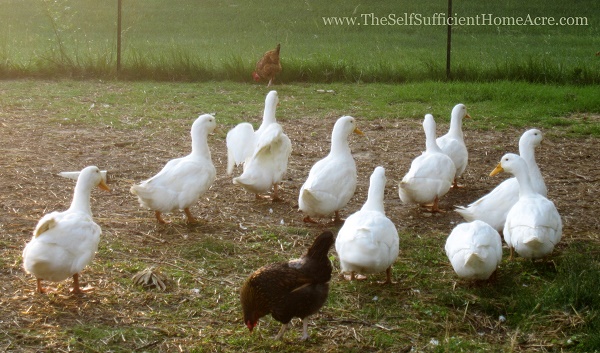
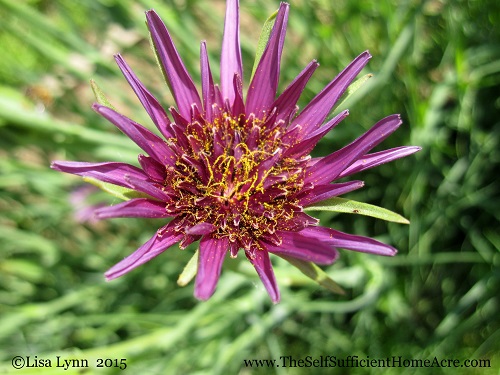
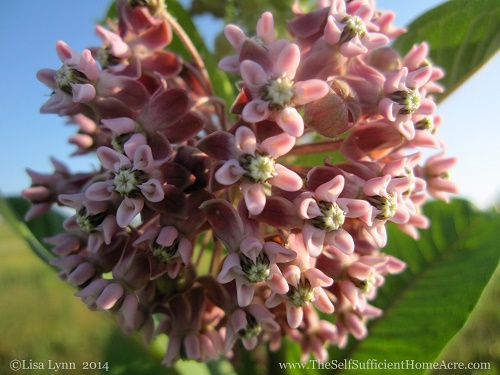
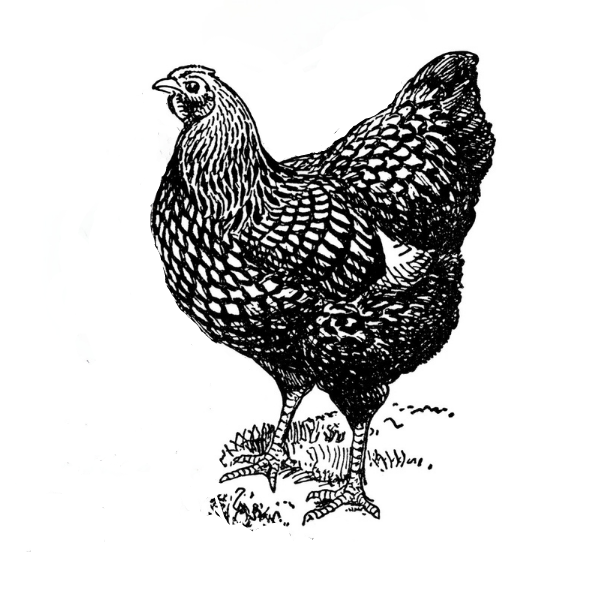

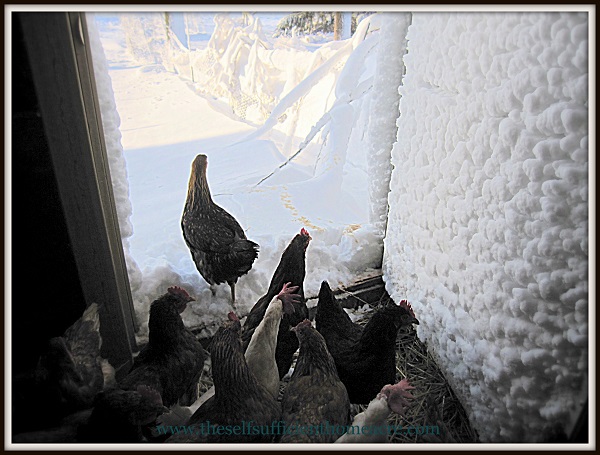

Wow we don’t have cable and I haven’t spent much time on the internet ,so know nothing about this. Thank you so much for sharing this information!
Sorry to be the bearer of bad news, Michelle!